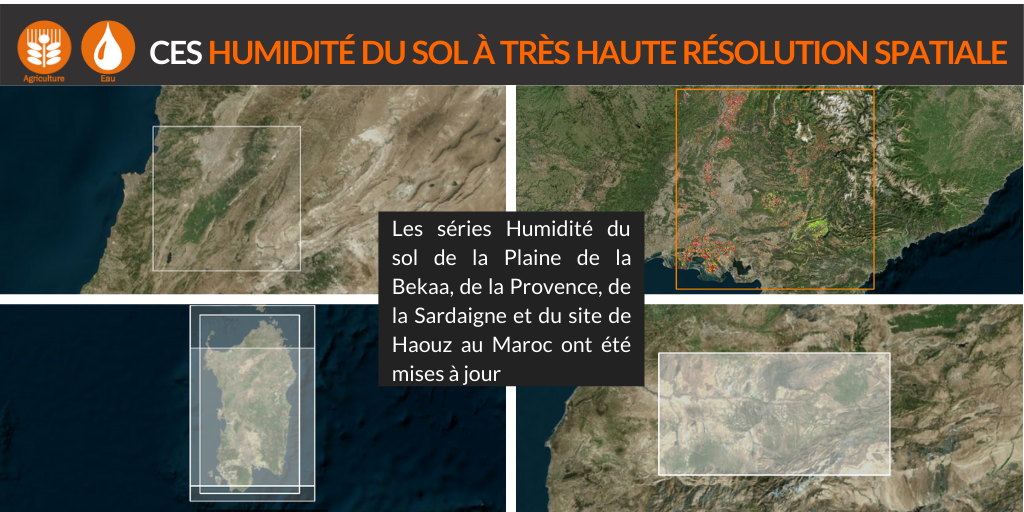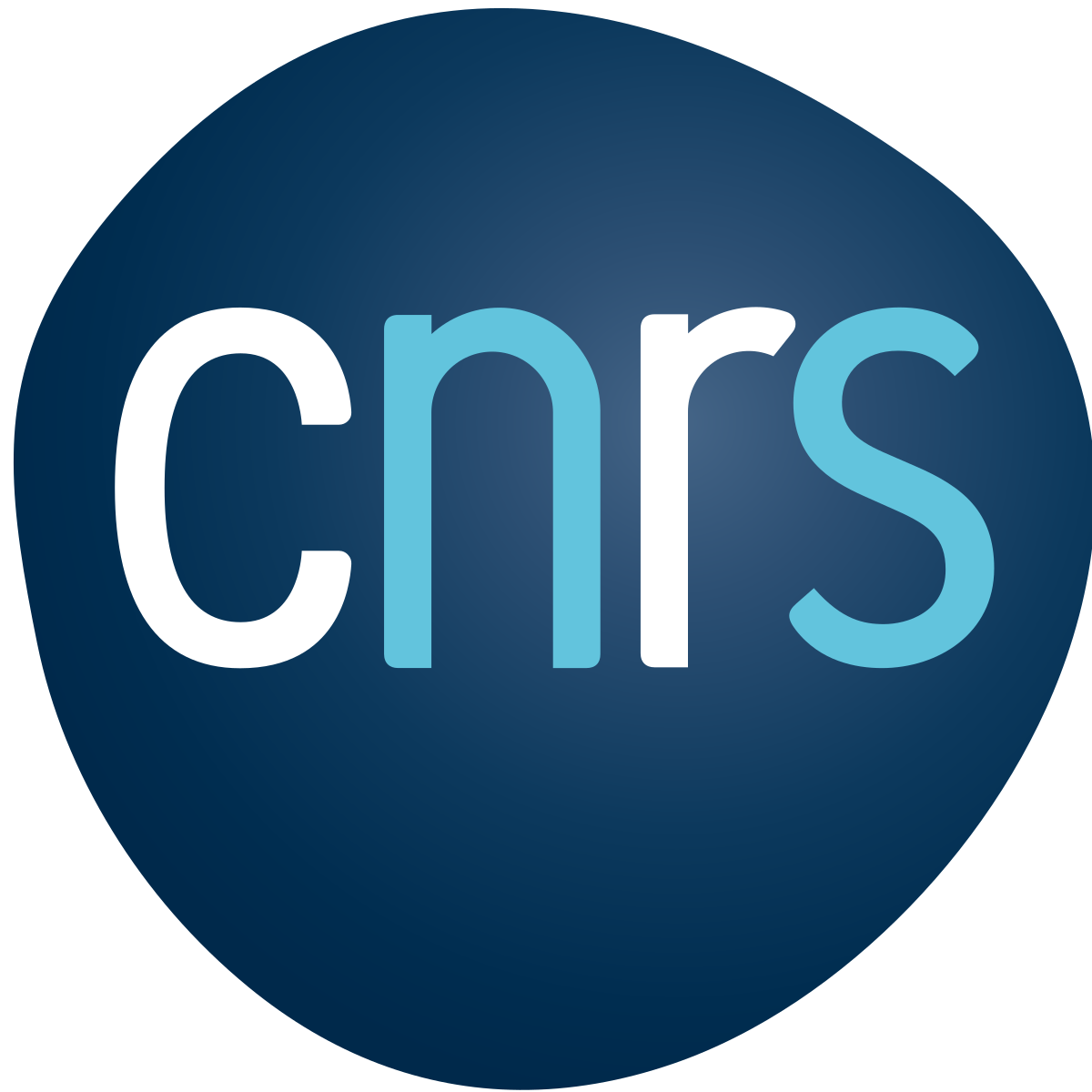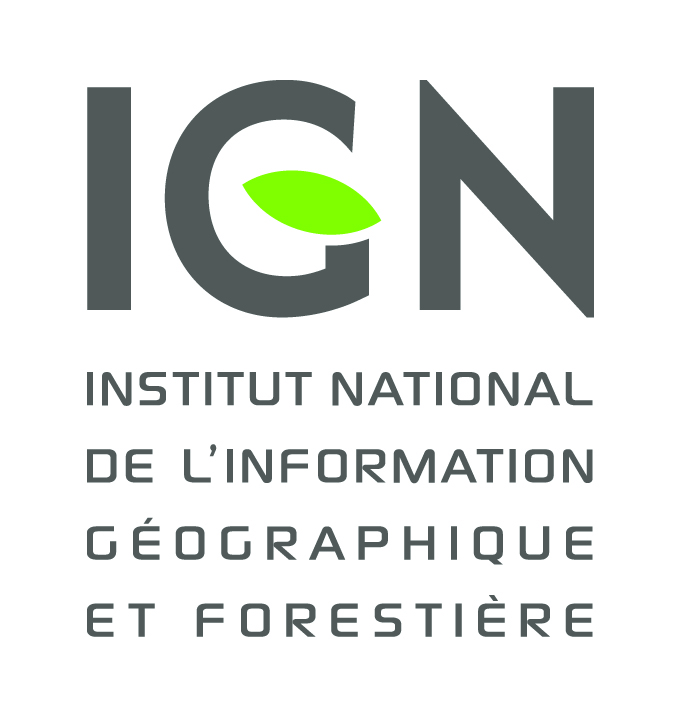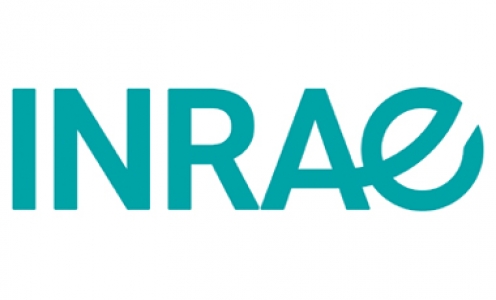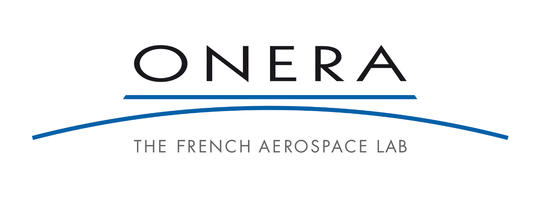PHD on remote sensing for precision irrigation
In the framework of Precision Agriculture, the proposal deals with the characterization of spatio-temporal variability in orchard canopies applied to the accurate assessment of crop water requirements for precision irrigation purposes. The background is the biophysical relationship between tree transpiration and the amount of radiation intercepted by its canopy. Methodology approaches will include RGB, multispectral and thermal imaging from ground-based and aerial platforms (drone), complemented with 3D canopy modelling using active sensors (LiDAR).
Project Goals:
I) Assess the feasibility of photogrammetry, terrestrial LiDAR and radiative transfer models (RTM) for the practical assessment of fraction of intercepted Photosynthetically Active Radiation (fiPAR) in a variety of orchard configurations.
II) Benchmark, on a range of training systems, different methodological approaches for the estimation of Transpiration based on fiPAR.
III) Integrate the within-field maps of fiPAR, together with soil variability maps (e.g. from ECa sensors), in a geostatistical approach to delineate irrigation management zones and to identify the most representative spots within a field for point measurements (manual sampling and sensors).
IV) Validate remotely sensed estimates of fiPAR with measurements from lysimeters and eddy-covariance, and to demonstrate the assimilation of those estimates into a decision support system.
Benefits
A work contract for three years.
The financial remuneration for the PhD Student contract will be €1,212.15/gross per month (€16,970.10/gross per annum) for the first and second years. For this third year, it will be €1,298.73/gross per month (€18,182.22/gross per annum) which will be subject to the corresponding withholdings, pursuant to prevailing regulations, and to the collective employment agreement of IRTA.
IRTA will also pay the fees of the doctoral school when receiving the enrolment.
Eligibility criteria
Candidates must commit to follow the training program proposed by tutors, which will include advanced usage of GIS, programming in Python, mastering the workflow of remote sensing data processing.
Candidates must meet the requirements established by the Doctoral School of the University of Lleida (UdL). The principal requirement is to have 300 ECTS between degree and a master’s degree in the Spanish system or equivalent.
Candidates who have been chosen for an interview with the Selection Committee, should bring –for the interview- a certified copy of the degree and/or master, as well as the academic record showing the marks of all subjects studied.
Foreign candidates who have been chosen for an interview with the Selection Committee should bring –for the interview- a certified copy and certified translation of the degree and/or master obtained at a foreign university, as well as an academic record showing the marks of all subjects studied.
The candidate selected will have to make his/her inscription to a Doctoral School of the University of Lleida (UdL).
Web site for additional job details
Offer Requirements
- REQUIRED EDUCATION LEVELAgricultural sciences: Master Degree or equivalent
- REQUIRED LANGUAGESENGLISH: Good
Skills/Qualifications
Candidates must hold one of the following degrees: Agricultural, Forestry, Environmental Sciences or similar and have completed their studies leading to such an award in January 2015 or later.
A Master’s in agronomy or a subject related with the project objectives
Specific Requirements
Prior experience in matters of agricultural production systems, field and laboratory work, data processing, software programming, GIS and 3D data processing will be viewed positively. Good English skills (level B2 or higher) and driving license B required, with availability for local trips to the fields and stays up to three months in foreign research centres or universities



